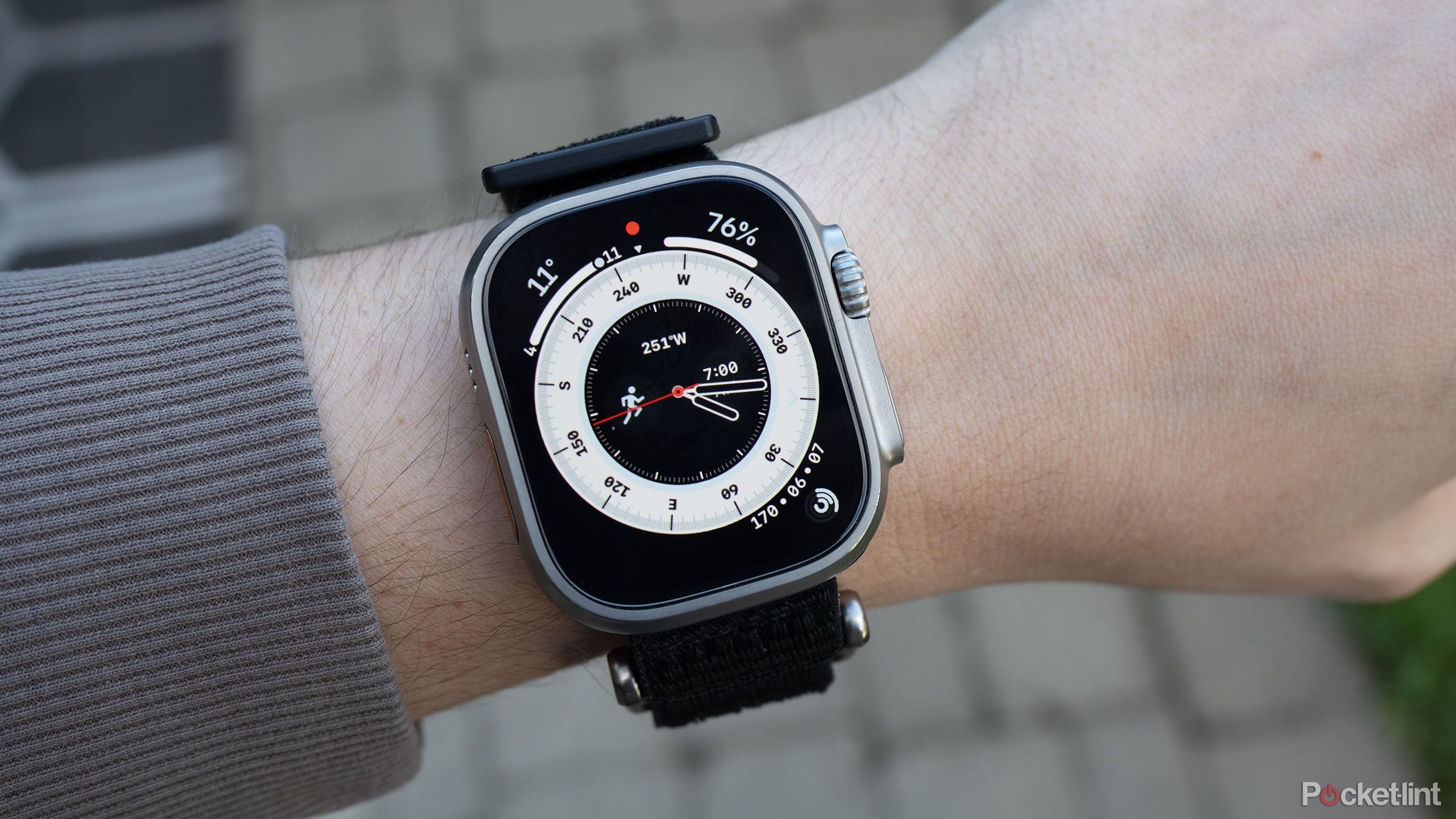A breakthrough in the science used to customize the treatment of cancer and other diseases is so promising that researchers at the University of Washington are planning to launch a company to commercialize the technology.
The strategy uses artificial intelligence to create proteins that recognize and bind to specific markers on diseased cells, creating what are essentially biological neon signs that attract immune cells to destroy the targets.
The research comes from the lab of Nobel laureate David Baker and UW Medicine’s Institute for Protein Design, which Baker leads, and is being published today in the journal Science. Additional study authors come from multiple UW departments, the Garcia Lab at Stanford University, and the Scheinberg Lab at Memorial Sloan Kettering Cancer Center.
“Detecting unhealthy cells is one of the main jobs of the immune system, but it doesn’t always notice the subtle signs of cancer or viral infection,” Baker said in a statement. “In this study, we show that computer-designed proteins can help human immune cells spot the right targets and function more effectively.”
The work could lead to significant advancements in precision immunotherapy, which delivers disease-fighting drugs that are crafted for individual patients. The key to this personalized approach lies in understanding how cells display their identity on their surfaces.
The outside membrane of a cell is studded with molecules that include small proteins called peptides that reveal a cell’s inner workings, including if it’s cancerous or infected by a virus such as HIV. The scientists used RFdiffusion and ProteinMPNN — AI-tools built by the Institute for Protein Design — to efficiently and cheaply engineer proteins that recognize the unique peptides.

The custom-made proteins can then be integrated into chimeric antigen receptors (CARs), which are engineered molecules that attract and activate immune-system warriors called T cells to attack specific targets.
In their study, the researchers designed proteins for 11 peptide targets and eight successfully triggered a T-cell response. Of those eight, two produced such a strong immune response that the T cells killed the targeted cells.
The peptide targets included HIV fragments and tumor-related protein mutations.
“We’ve shown how advances in protein design could make personalized cancer therapy possible, and we intend to start a company to turn these results into real therapies that benefit patients,” said Bingxu Liu, co-lead author of the study and postdoctoral scholar in the Baker Lab.
Since 2014, the Institute for Protein Design has spun off 10 startups, and Baker has co-founded 21 tech companies. When Baker won the Nobel Prize in October, the Royal Swedish Academy of Sciences noted that “his research group has produced one imaginative protein creation after another, including proteins that can be used as pharmaceuticals, vaccines, nanomaterials and tiny sensors.”
The researchers involved in the latest study explained that the strategy can be easily adapted to new scenarios. Within days, the team was able to take one of its successful proteins and use AI to modify it to target new cancer and virus-associated peptides.
The process could make it much cheaper to create personalized treatments.
“I’m hopeful that this will lead to new therapies that are more accessible to patients around the world who do not benefit from current state-of-the-art cancer treatments,” said Julia Bonzanini, a co-lead author and Baker Lab graduate student.
Researchers worldwide can access online the open-source software used in the research.
Other authors of the Science paper, titled “Design of high-specificity binders for peptide–MHC-I complexes,” are Nathan Greenwood, Amir Motmaen, Jeremy Meyerberg, Tao Dao, Xinyu Xiang, Russell Ault, Jazmin Sharp, Chunyu Wang, Gian Marco Visani, Dionne Vafeados, Nicole Roullier, Armita Nourmohammad, David Scheinberg and Christopher Garcia.
RELATED:
- UW scientists use AI to crack ‘undruggable’ proteins, opening door to new treatments
- From Nobel buzz to hiring halt: Trump funding cuts hobble UW protein design startup machine
- Researchers led by University of Washington Nobel winner achieve a scientific breakthrough








